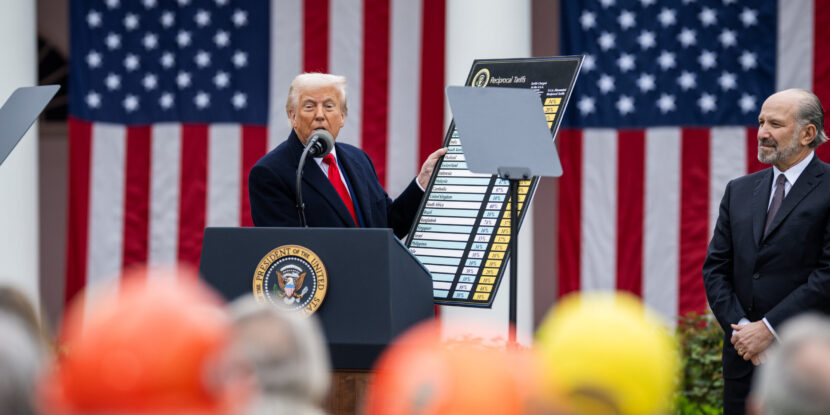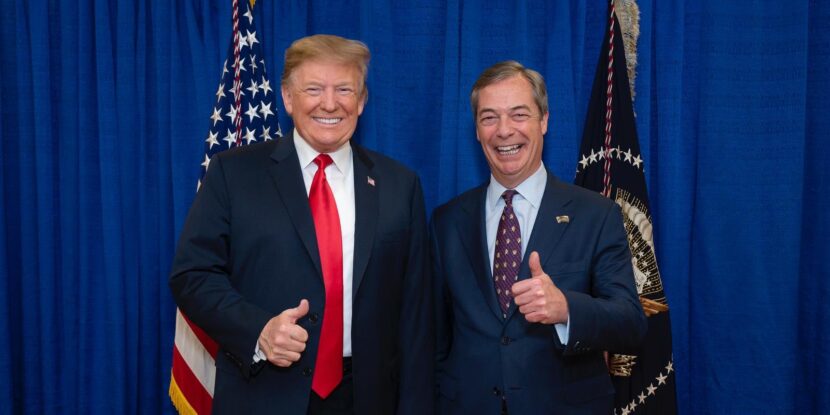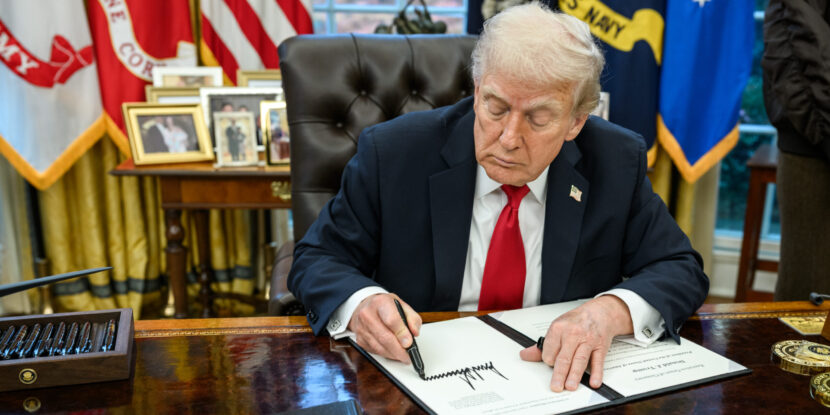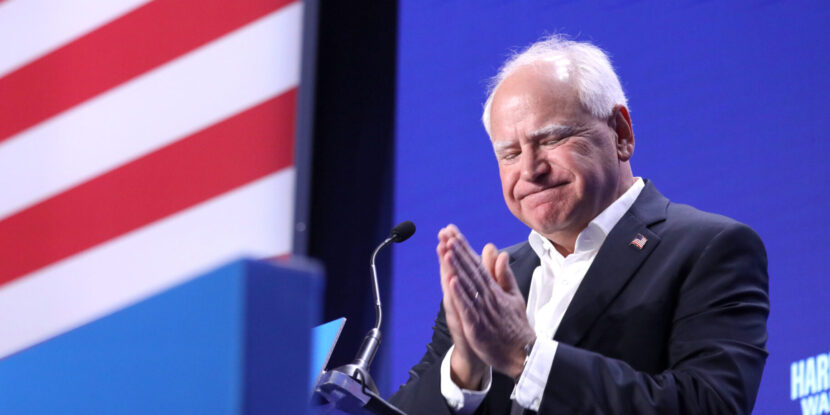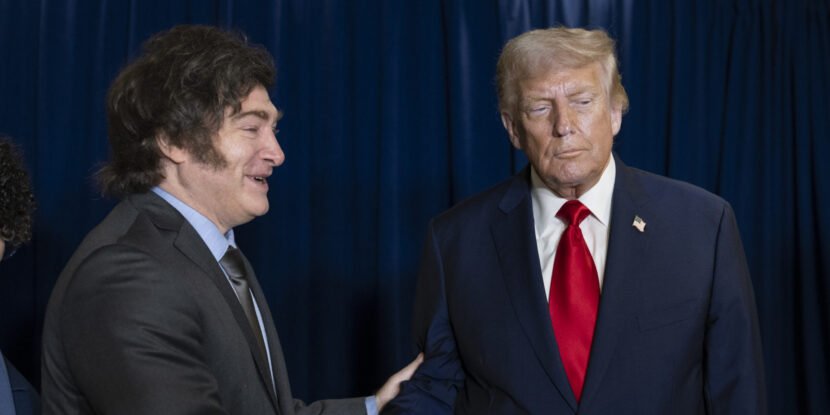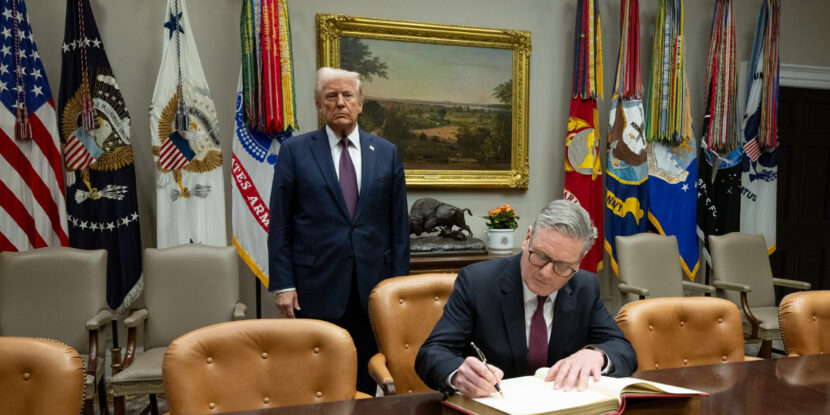PULSE POINTS:
❓What Happened: The number of canceled sailings from Asia to the U.S. has significantly increased due to tariffs deterring the importation of cheap Chinese goods to the U.S.
👥 Who’s Involved: President Donald J. Trump, China, and other Asian nations like Cambodia, Vietnam, and Sri Lanka.
📍 Where & When: The transpacific route between Asia and the U.S., from late March onwards.
💬 Key Quote: Alan Murphy, CEO of Sea-Intelligence, said businesses were “adjusting their short-term supply chains for now and waiting for things to settle down (one way or another), before making longer-term network adjustments.”
⚠️ Impact: The tariffs are contributing to difficulties for Chinese businesses like Temu and Shein.
IN FULL:
Asian exports to the United States have dropped due to high tariffs on foreign goods, particularly from China, leading to increased “blank sailings” on the trans-Pacific shipping route. These shipping cancellations have escalated from the equivalent of 60,000 containers in late March to about 367,800 by mid-April.
This follows President Donald J. Trump‘s announcement of high tariffs on foreign goods to stop U.S. producers from being undercut by imports from nations that often restrict access to U.S. exporters while advantaging their own producers through low pay and conditions, state subsidies, currency manipulation, and other dubious tactics.
The political climate related to these tariffs has been labeled “extremely volatile,” causing businesses to exercise caution. Alan Murphy, CEO of Sea-Intelligence, said businesses were “adjusting their short-term supply chains for now and waiting for things to settle down (one way or another), before making longer-term network adjustments.”
E-commerce companies such as China’s Shein and Temu have started adapting through price changes, reflecting the new realities of tariffs in their operational costs.
Although tariffs remain a point of contention, tensions between the U.S. and China have slightly eased. Adjustments such as the reduction in Chinese retaliatory tariffs on U.S. semiconductors suggest a possible future trade agreement.
